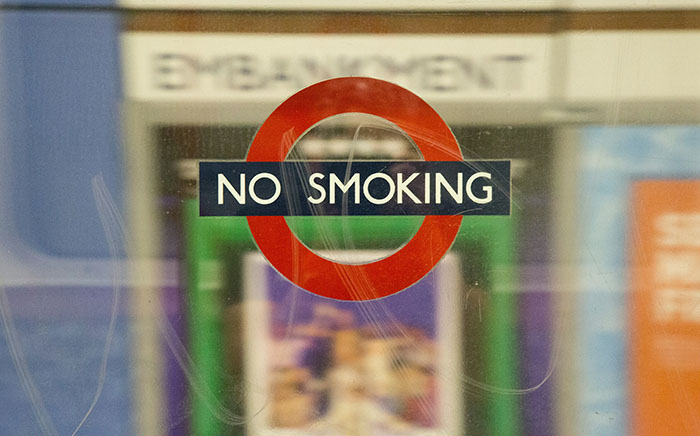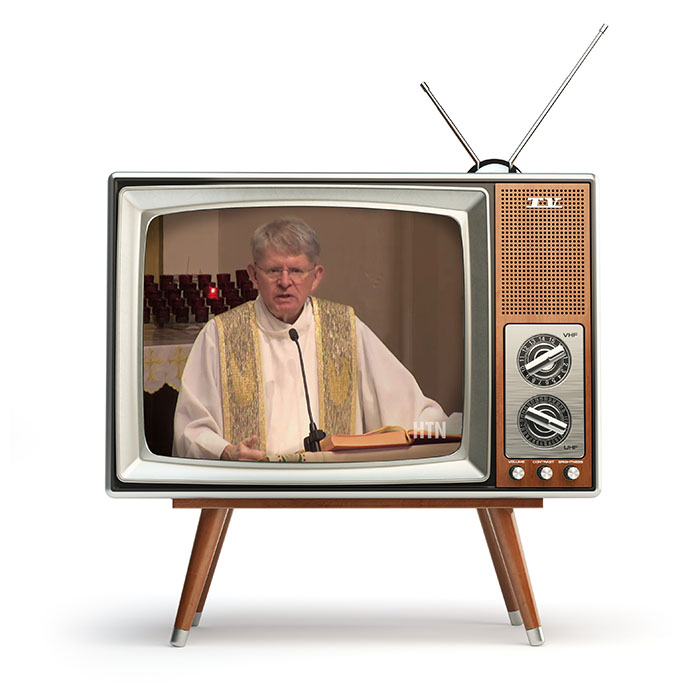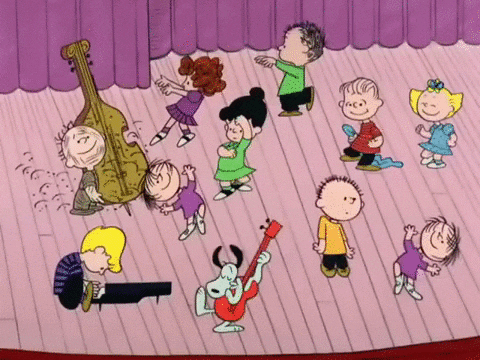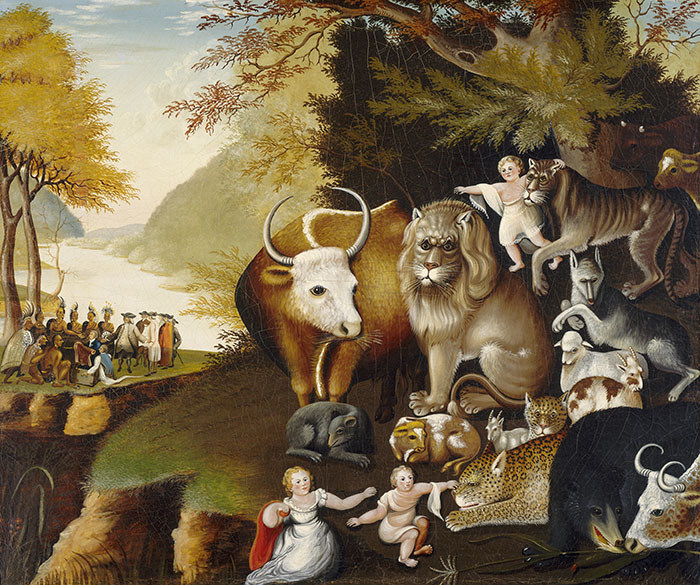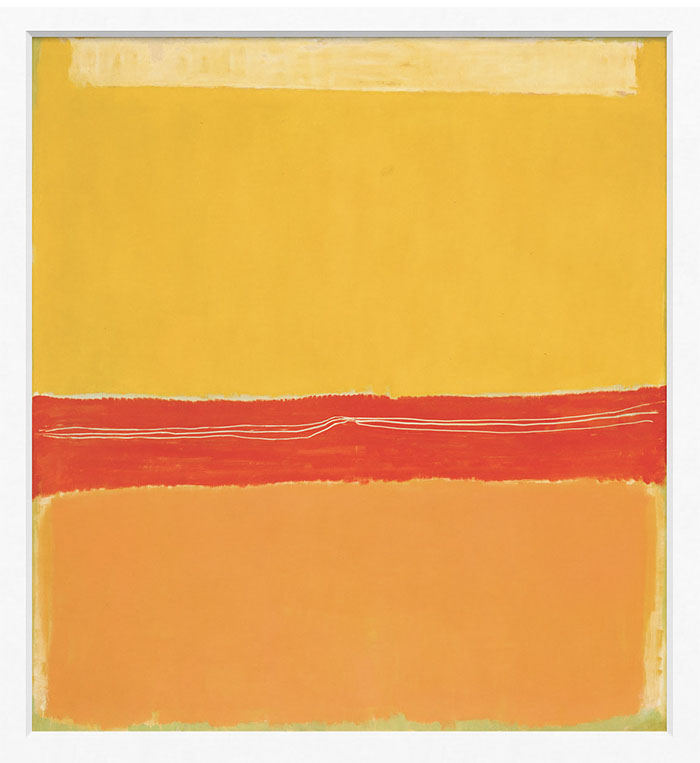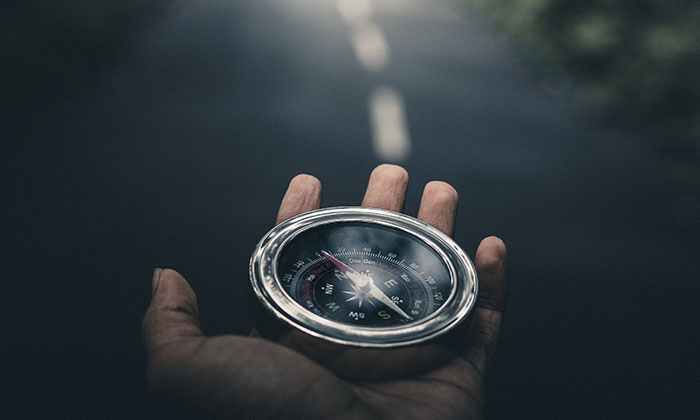
I was given a bit of unfailing advice some years ago by a holy and beloved priest friend. Like any truly helpful bit of wisdom it’s very simple . . . God’s will is straight ahead.
Let me explain.
There’s something in the way we live our lives that makes us feel like we’re in charge. There’s nothing wrong with living like this. God gave us a “brain”, we are free to choose our actions. Unlike the animals driven by instinct, we humans “decide” how we will live our lives.
However . . . . There’s a problem. When our choices are formed by nothing other than “what I want” we can start to think that our choices have TOTAL freedom in directing our lives. And guess what happens? We get lost. There has to be a guiding point outside ourselves that organizes and focuses our actions.
Think of the ancient sailors out on the ocean. How does a wooden boat get from Spain to the New World when all you can see is water? They had to find a point outside the boat that would tell them where they were . . . the North Star.
So freedom is best exercised when it is done in “partnership” with the One who gave us the gift in the first place . . . God of course. What does this partnership look and feel like?
Surprisingly it’s called THE PRESENT MOMENT. God’s will is in the right here, right now of our life. God’s will is right in front of you, not where you’ll be 6 months from now. And oh, don’t we try to go under or skip over what is staring us right in the face?
We wait till “I’m ready” or “things are just right” or “It goes away.” I’ll do God’s will “when I get ‘over there’”. If something is good, and true, helpful, and prudent . . . why wait?
A good practice to get into is to look at what lies straight ahead. A few examples might help.
Common Sense gives God’s will:
- It’s late at night. You have a busy day tomorrow. God’s will? Go to bed.
- You’ve had two beers at the party. You’re driving. God’s will? No more beer.
- Feel a painful lump? God’s will? See a doctor.
- Big test tomorrow. God’s will? Study!
- Mom’s birthday. God’s will? Call her!
- Feel like running away? God’s will? Face it.
Goodness shows God’s will:
- Thinking of changing something important in your life? Unless it’s an instance of some kind of abuse, God’s will is more often to stay where you are. To persevere in one’s duty. To embrace the daily grind. Persevere in doing good.
- Sometimes God’s will is to change. But change to what? What school? Should I marry? Have a child? Change jobs? Here is where God has given us right reason. Is the choice good in most every way? What would you advise a friend to do with that same decision? What have trusted friends said to you? (God often uses other people to reveal His will.) Choosing Life is always God’s will.
And what are the signs that happen in us when we’ve done God’s will? St. Paul tells us in his letter to the Galatians. “But the Spirit (God’s will for us), produces love, joy, peace, patience, kindness, humility, and self- control.” Gal. 5:22.
Let’s be ready for God’s will here and now. How? Go straight ahead!
Fr. Tim

